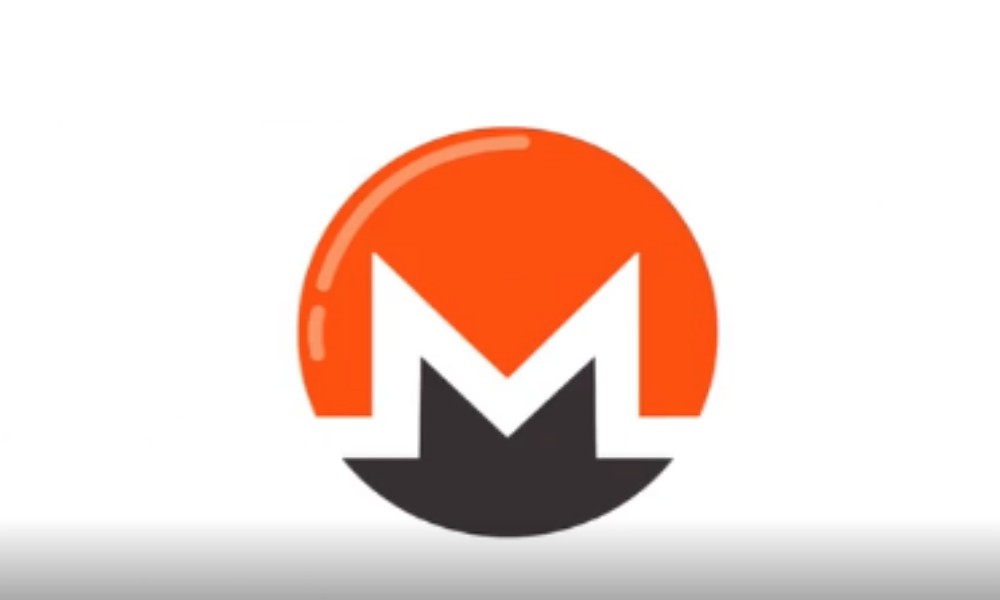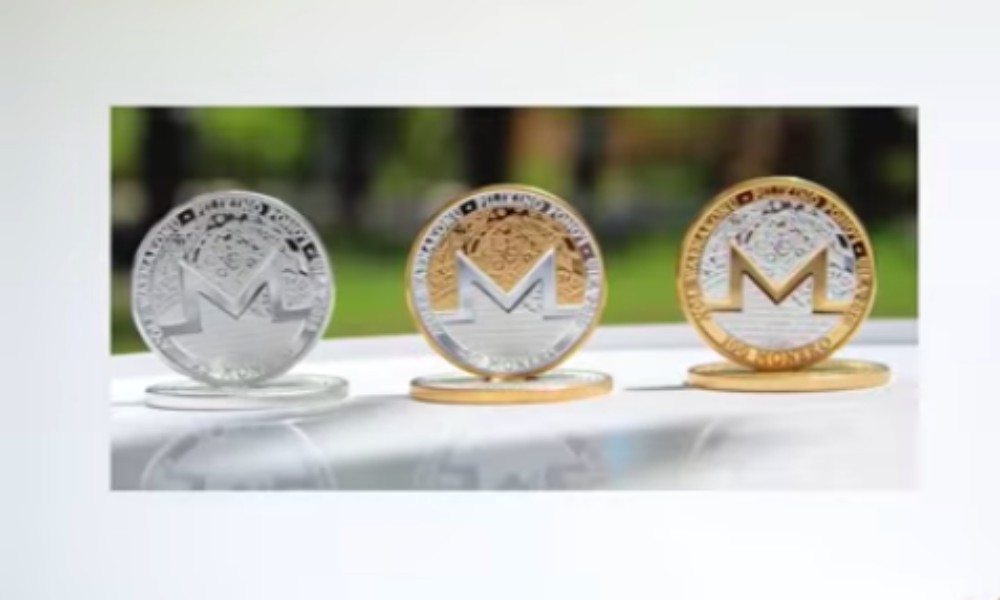
In the world of cryptocurrencies, Monero is a synonym for privacy. This distinct characteristic of Monero made it a subject of various interpretations. Some regard it as the ultimate “privacy coin”, while others think Monero is suitable for covering the tracks and handling highly questionable transactions. Either way, when handling assets, safety and privacy are something everyone demands and appreciates. And Monero has been developed with these two categories in mind. Once you come into the possession of Monero, the question is where to store it. As with all other cryptos, there are multiple solutions. We tried to compile the available information on the most frequently used Monero wallets.
Monero GUI Wallet
This is the official wallet of Monero. The app itself can be downloaded and installed, as per instructions from this site.
It is compatible with Windows, Mac, and Linux. It is available in Ubuntu version, and experts claim that this version has the best performances. Once you install it, you will see it is basically a very user-friendly desktop app, containing all the features users need. “Monero GUI Wallet” is easy to use and therefore recommended for less experienced users. It is an e-wallet which makes sending and receiving XMR easy.
Ledger Nano S
Many crypto enthusiasts believe “Ledger Nano S” is the most convenient e-wallet there is. It is small and resembles USB stick, but also features a small screen where you can check the details of your transactions by double tapping. Your assets would be safe and sound offline as well. This e-wallet does not actually store your cryptos. What it does is track your Monero through the blockchain. Developers of “Ledger Nano S” thought about the users’ safety as well.
This wallet features a secured PIN code, 2-step authentication, and recovery seed accessibility. Apart from XMR, it also supports Stellar, Ripple, Ether, Bitcoin, Ethereum Classic, just to name a few.
My Monero
“My Monero” is a web-based wallet developed by Monero’s team. The reviews say that is very user-friendly. However, it is web-based, which means that you need to have an account on the website in order to use it, and this – many claim – could be the downside to this wallet. If you are familiar with creating accounts, logging in and following the instructions, you should try it out.
Monerujo
“Monerujo” is an Android app and an open source, which enables you to use a few different wallets at the same time and to transfer funds. By using “Monerujo”, all your data will be stored on your Android advice. The advantages of “Monerujo” include QR scanning for sending and receiving XMR, as well as a very easy-to-navigate interface.
Monero Paper Wallet
This type of wallet is usually considered to be one of the safest if stored properly. Its advantage is in the fact that there are no risks of being hacked. “Monero Paper Wallet” includes QR code for generating a public address and one QR code which contains the private key.
Guarda
“Guarda” is the wallet which supports various cryptos, such as Monero, Dash, Bitcoin, Bitcoin Cash, Stellar Lumens, Ethereum, Zcash, Ripple and many other altcoins.
It can be used on mobile devices in addition to a web version. The main feature of “Guarda” is the fact it does not store any client data, wallet data or private keys. As for the private key, it is stored in device’s memory and can be deleted automatically when logging out from the wallet.
Which Monero wallet have you tried to use?


